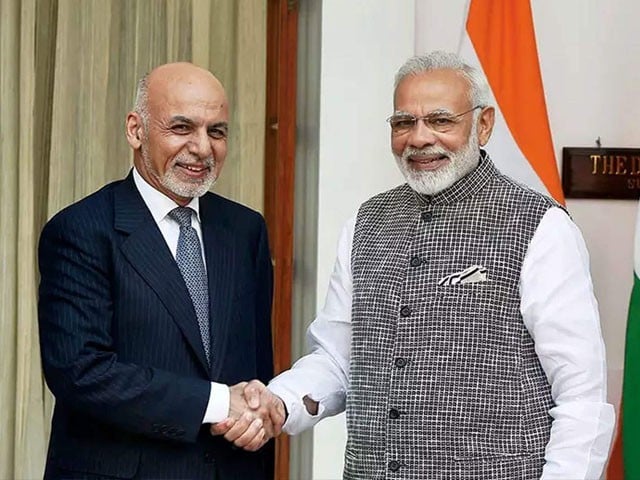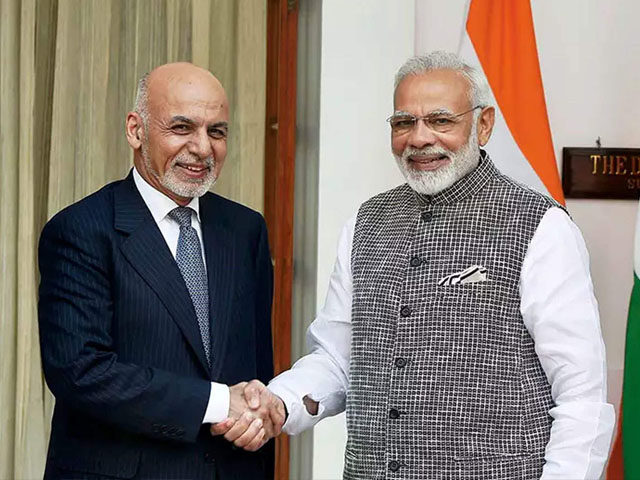
Despite corruption allegations against the Afghan ambassador, the Modi government is protecting him; Photo: File
New Delhi: The Modi government claims that its relations with the Taliban government of Afghanistan are very cordial, but the reality behind the scenes is the opposite.
The Taliban took power in Afghanistan in August 2021, but this government is still not recognized internationally. In most countries, the ambassadors of the former Afghan government have left their posts and embassies are closed.
In a few countries, Taliban representatives are allowed to work in embassies. In such a situation, India has always claimed that its relations with the Taliban government of Afghanistan are very good.
However, the facts are that the former Afghan President Ashraf Ghani’s ambassador to India, Farid Mamondzai, is still present in the Afghan embassy, even though there are serious allegations of corruption in the Afghan embassy under his management.
Corruption charges against India’s Noor-e-Nazar Ashraf Ghani-era ambassador include illegal leasing of commercial buildings, supply of relief wheat and looting in commercial activities.
Afghan students and citizens studying in India have filed several written complaints about the corruption of their embassy. On which the Taliban government issued a decree to resign the ambassador and appoint Qadir Shah.
The Modi government ignored the order of the Taliban government and did not allow the newly appointed ambassador to present his diplomatic credentials even after several weeks, which is a violation of diplomatic protocol.
(function(d, s, id){
var js, fjs = d.getElementsByTagName(s)[0];
if (d.getElementById(id)) {return;}
js = d.createElement(s); js.id = id;
js.src = “//connect.facebook.net/en_US/sdk.js#xfbml=1&version=v2.3&appId=770767426360150”;
fjs.parentNode.insertBefore(js, fjs);
}(document, ‘script’, ‘facebook-jssdk’));
(function(d, s, id) {
var js, fjs = d.getElementsByTagName(s)[0];
if (d.getElementById(id)) return;
js = d.createElement(s); js.id = id;
js.src = “//connect.facebook.net/en_GB/sdk.js#xfbml=1&version=v2.7”;
fjs.parentNode.insertBefore(js, fjs);
}(document, ‘script’, ‘facebook-jssdk’));



